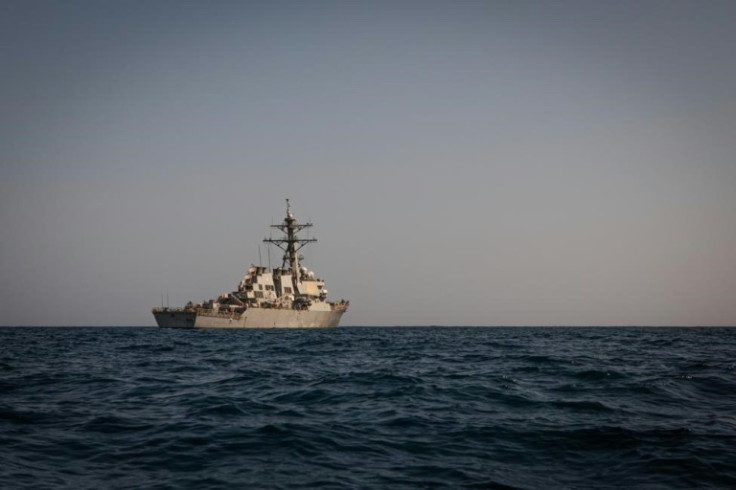
The commander of the U.S. Central Command (Centcom) Alvin Holsey will visit Grenada and Trinidad and Tobago, two countries close to Venezuela, as tensions with Caracas remain high.
The U.S. Embassy in Barbados detailed that this will be Holsey's first visit to both countries since taking command of the Southcom last November and will seek to "further strengthen security cooperation with key partners in the Caribbean."
"The meetings will center on reaffirming the longstanding security collaboration with both nations and shared challenges that affect the Eastern Caribbean, including transnational organized crime, illicit trafficking, and border security;" the statement added.
The visit takes place as the U.S. continues to increase its presence in the region. The armed forces are seeking to install military equipment in Grenada, located 100 miles from Venezuela. The country has not replied to the request. Antigua and Barbuda rejected holding any military equipment from the U.S.
Several reports throughout the past weeks have also detailed other moves, including that there are now 10,000 troops deployed in the region. They are in Puerto Rico and aboard eight surface warships and a submarine.
Forces have been conducting drills and the U.S. has struck at least four vessels officials claim were carrying drugs that were ultimately set to reach the U.S. The U.S. has also reportedly moved several military helicopters off the coast of Trinidad and Tobago.
Despite the escalation, Venezuelan insiders have claimed that Venezuela's authoritarian President Nicolas Maduro won't relinquish power voluntarily despite increased pressure from the U.S.
Speaking to Spanish outlet El Pais, one people with knowledge of the regime's thinking said "Maduro is not going anywhere." "Maduro has practically no other fate than resisting whatever comes and waiting for Trump to hesitate," the person added.
U.S. President Donald Trump has anticipated the possibility of escalating the situation further with strikes inside Venezuela territory. However, the report added, the South American country's leaders (Delcy and Jorge Rodriguez, Diosdado Cabello and Vladimir Padrino Lopez), along with Maduro, have "developed their survival instincts to the fullest after more than six years of governing in extreme situations," and think "this storm shall pass too."
Concretely, they believe that the cost of an armed clash would be too high for the U.S. and Trump will back down before getting to that point.
© 2025 Latin Times. All rights reserved. Do not reproduce without permission.





